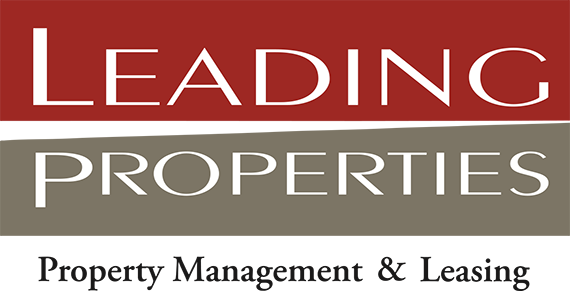What properties are exempt from rent control in San Francisco?
As a property owner, you know all too well how stressful it can be trying to maintain your rental property while dealing with your tenants. Now, with San Francisco’s new rent control ordinance, you might not be able to increase the rent or evict a tenant.
If you are wondering whether or not your rental property is exempt from rent control, below you’ll find important information. Even if you qualify, you’ll also find an explanation about situations that can exempt your tenants from having to pay a rent increase.
New Construction Is Exempt
One of the stipulations of the rent ordinance is that the property must have a certificate of occupancy that dates before June 13, 1979.
Any property that was occupied after the above date is considered new construction and is exempt from the rent control laws. If you own a rental unit in an apartment building, you can check the assessor’s database to determine when the apartment complex was constructed.
Accessory Units May Be Exempt
Even if your property was built before June 13, 1979 and isn’t technically new construction, you may be exempt.
If you add additional units to your property, such as an in-law suite, these renovations may bring the property up to code, which could exempt you from rent control.
For specific information about how rent control exempt San Francisco affects your dwelling, contact a member of our team.
Other Frequently Asked Questions about Rent Control in San Francisco
What If My Rental Property Is a Single Family Home?
While these types of properties might not be immune to rent increases, you might find yourself having difficulty evicting a tenant.
Wanting a tenant out simply because you want to rent to someone else at a higher fee is not going to fly under the eyes of the law. There must be just cause for the eviction such as non payment, excessive late payments or breach of lease.
However, if you share the unit with the tenant, you do not have to prove just cause in order to begin eviction proceedings.
Can I Increase the Rent Under Rent Control?
While you might have been able to increase a tenant’s rent due to a change in ownership, property tax, et cetera, these increases are no longer allowed.
However, there are some scenarios where an increase is allowed on rent controlled properties.
Rent control law prohibits you from increasing the rent by more than a certain percentage each year. But there are rules you must follow. For example, you will have to give notice of at least 90 days before increasing the rent more than 10 percent. Are Some Tenants Exempt from a Rent Increase?
Tenants who suffer from financial hardship can typically file an application that allows them to be exempt from paying the rent increase.
Therefore, in situations when you would be legally allowed to increase a rent controlled property, certain tenants would be exempt from the passthrough.
Reasons a tenant might ask for an exemption include the following:
- The rent is more than 33 percent of the tenant’s gross income
- All members of the household have a combined income less than 80 percent of the median income
- Tenant receives public assistance
- There are extenuating circumstances such as high medical bills
Who pays for Capital Improvements?
There will come a time when you will need to make improvements on your property in order to increase its value.
With a capital improvement passthrough, you are allowed to have your tenants cover most of the costs of things such as a paint job, new roof, windows, et cetera.
However, you must first have all work completed before petitioning the board for approval to increase the rent per the improvements. Once the costs of the improvement has been paid off, you are to allow the tenants to go back to paying their normal rental amount.
Who Pays for Board Fees?
As a landlord, you will have to pay a yearly fee to the rent board for units that are covered by rent control. However, just as with the capital improvement costs, you can pass half of this fee onto your tenants as well.
An easy way to do this is to simply deduct it from your tenant’s security deposit, or you can send them an invoice.
How Does Eviction Protection Work?
Keep in mind that if you accept housing vouchers such as Section 8 or participate in HUD or subsidized housing programs, your tenants will have eviction protection.
Learn More
There are many layers to rent control and exemptions in San Francisco. This is not a one size fits all law. The type of unit you have, as well as the circumstances of your tenant will all make a difference in how the rent ordinance affects you.
As the San Francisco rent control laws change, understanding the impact to you and your investments can become overwhelming. Our professionals are well-versed in the latest rent control laws and are eager to help you.
Get Your San Francisco Rent Control Questions Answered. Call Us Now! (415) 346-8600
